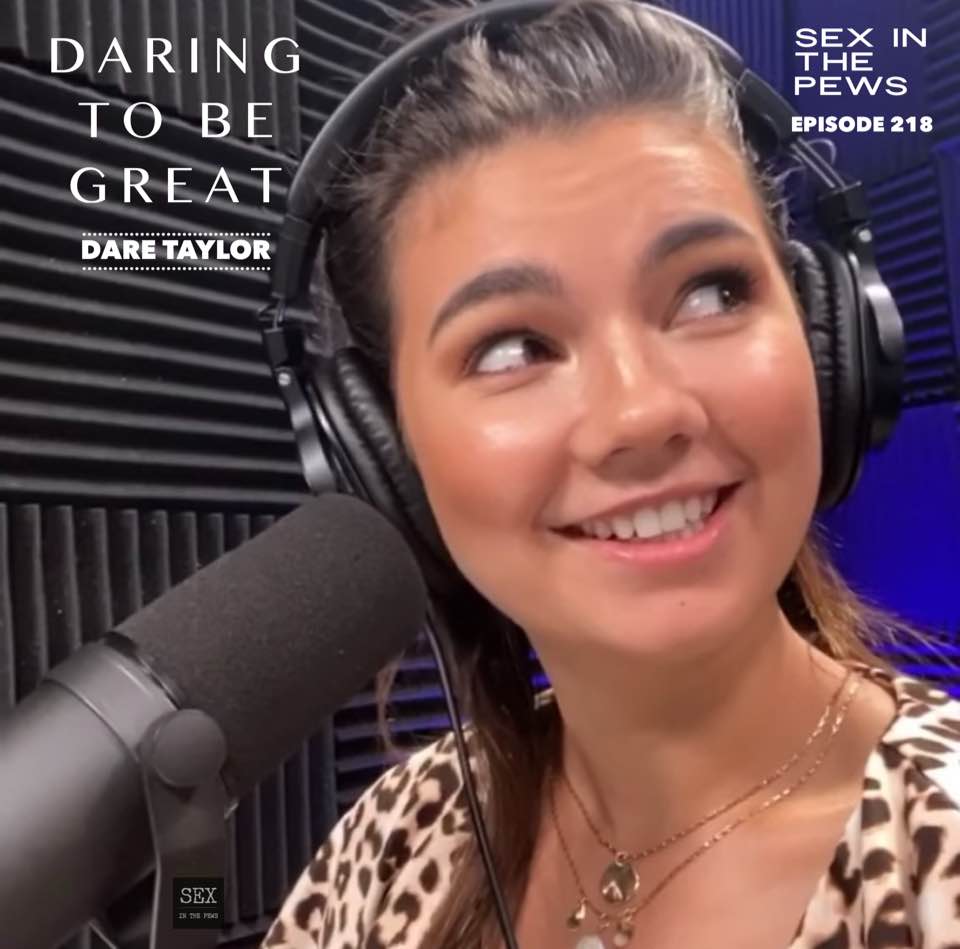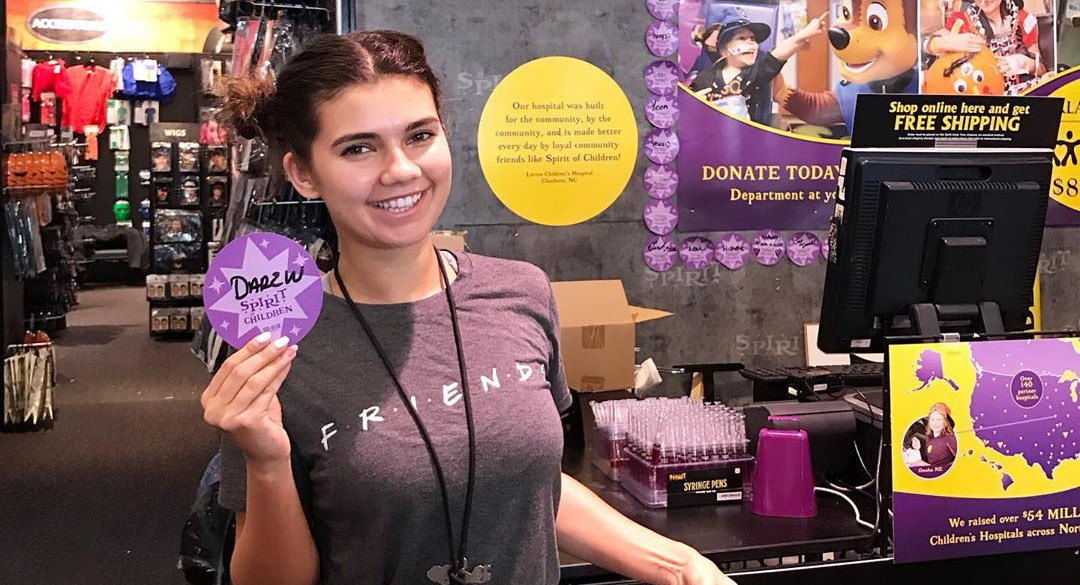Alright, let’s cut straight to the chase. If you're here because you typed "dare Taylor nude" into a search engine, I’m assuming you're either super curious or just plain confused. Let’s break it down for ya. The phrase "dare Taylor nude" might sound like a clickbait headline or some wild internet rumor, but there’s a lot more to unpack here. Before we dive into the juicy details, let’s clarify one thing: we’re here to separate fact from fiction and give you all the info you need without crossing any lines. So, buckle up and let’s get into it.
Now, if you’re wondering who Taylor is, you’re not alone. The name “Taylor” could refer to a number of people, from celebrities to influencers to everyday folks who’ve found themselves at the center of internet drama. In this article, we’ll explore the origins of the "dare Taylor nude" trend, its implications, and why it’s sparked so much conversation online. We’ll also touch on privacy, consent, and the importance of treating people with respect, even on the internet.
Before we move forward, I want to make one thing crystal clear: this article is here to educate, not exploit. If you’re looking for scandal or gossip, you might be disappointed. But if you’re curious about the bigger picture and the impact of viral trends like these, you’re in the right place. Let’s do this.
Read also:Brightney Dandys World Disracter Bulid Your Ultimate Guide
What’s the Deal with Dare Taylor Nude?
Let’s start with the basics. The phrase "dare Taylor nude" has been floating around the internet for a while now, popping up on social media platforms, forums, and even search engines. But what does it actually mean? At its core, it seems to stem from a challenge or dare involving someone named Taylor—or at least someone with that name. The details vary depending on where you look, but the underlying theme is the same: it’s about pushing boundaries, testing limits, and, in some cases, crossing into uncomfortable territory.
For some, the "dare Taylor nude" trend might seem harmless, just another internet meme or viral challenge. But for others, it raises serious questions about consent, privacy, and the ethics of sharing personal content online. In today’s digital age, where information spreads faster than ever, it’s crucial to think critically about the content we consume and share.
Understanding the Origins of the Trend
So, where did this whole "dare Taylor nude" thing even come from? Like many viral trends, its origins are a bit murky. Some say it started as a harmless joke between friends, while others claim it was born out of a more sinister motive. Whatever the case, it’s clear that the phrase has taken on a life of its own, sparking debates and discussions across the web.
One thing’s for sure: the internet loves drama, and trends like these often gain traction because they tap into our natural curiosity. But as we’ll explore later, not all viral challenges are created equal. Some, like "dare Taylor nude," have the potential to cause real harm if taken too far.
Is This Trend Harmless or Harmful?
Here’s the million-dollar question: is the "dare Taylor nude" trend something we should laugh off, or is it a serious issue that needs addressing? The answer, as with most things, lies somewhere in the middle. On one hand, some people might view it as just another silly internet challenge, not meant to be taken seriously. On the other hand, there’s no denying that it touches on sensitive topics like nudity, privacy, and consent.
Think about it: would you feel comfortable being dared to do something that makes you uncomfortable or compromises your dignity? Probably not. And yet, that’s exactly what some people are being asked to do in the name of "fun" or "entertainment." It’s important to remember that behind every viral trend is a real person with feelings, boundaries, and rights.
Read also:Charli Damelio Feet The Hype Facts And Everything You Need To Know
The Role of Social Media in Viral Challenges
Social media plays a huge role in the spread of viral challenges like "dare Taylor nude." Platforms like TikTok, Instagram, and Twitter are designed to amplify content, making it easier than ever for trends to go global in a matter of hours. While this can be great for spreading positivity and raising awareness, it can also lead to the rapid spread of harmful or misleading content.
In the case of "dare Taylor nude," social media has both fueled the trend and sparked conversations about its implications. Some users have used their platforms to call out the harmful aspects of the challenge, while others have joined in without fully understanding the consequences. It’s a double-edged sword, and one that requires careful consideration from all sides.
How Platforms Are Responding
Recognizing the potential harm caused by viral challenges, many social media platforms have taken steps to address the issue. For example, TikTok has implemented stricter guidelines around content that promotes harmful behavior, while Instagram has introduced tools to help users protect their privacy and report inappropriate content. These measures are a step in the right direction, but they’re not foolproof.
Ultimately, it’s up to us as users to think critically about the content we consume and share. Just because something is popular doesn’t mean it’s okay. By being more mindful of the trends we engage with, we can help create a safer, more respectful online environment for everyone.
The Importance of Consent and Privacy
At the heart of the "dare Taylor nude" debate is the issue of consent and privacy. In today’s digital world, where personal information can be shared with the click of a button, it’s more important than ever to respect people’s boundaries and choices. Whether it’s a viral challenge or a private message, consent should always be a top priority.
Consent isn’t just about saying yes or no—it’s about feeling comfortable, respected, and in control of your own decisions. When someone feels pressured to do something they’re not okay with, whether it’s for a dare or any other reason, that’s a red flag. It’s important to remember that no one owes anyone else their privacy or dignity, no matter how “fun” or “harmless” it might seem.
Why Consent Matters in the Digital Age
In the age of social media, the lines between public and private can sometimes blur. What starts as a private conversation or photo can quickly become public property if shared without consent. This is why it’s so important to respect people’s boundaries and ask for permission before sharing anything that involves them.
Think of it this way: would you feel okay with someone posting a photo of you without your permission? Probably not. The same principle applies to any content, whether it’s a text message, a video, or even a dare. By prioritizing consent, we can help ensure that everyone feels safe and respected online.
Breaking Down the Psychology Behind Viral Challenges
Why do viral challenges like "dare Taylor nude" catch on so quickly? The answer lies in human psychology. As social creatures, we’re naturally drawn to trends and challenges that allow us to connect with others, showcase our skills, or simply have fun. But sometimes, this desire for connection can lead us down a dangerous path.
For some, participating in viral challenges is a way to gain attention or validation from peers. For others, it’s about pushing boundaries and seeing how far they can go. Whatever the motivation, it’s important to recognize the potential consequences of our actions. Just because something seems fun or exciting doesn’t mean it’s harmless.
The Dark Side of Viral Challenges
While some viral challenges are lighthearted and harmless, others can have serious consequences. From the "Tide Pod Challenge" to the "Blue Whale Challenge," history is full of examples of viral trends that have led to real-world harm. The "dare Taylor nude" challenge is no exception.
By participating in or promoting harmful challenges, we contribute to a culture that prioritizes entertainment over respect and safety. It’s a slippery slope, and one that we need to be mindful of as we navigate the digital landscape.
How to Stay Safe Online
In a world where viral challenges and online trends are everywhere, it’s important to know how to stay safe and protect your privacy. Here are a few tips to keep in mind:
- Think before you share: Before posting anything online, ask yourself if it could potentially harm you or others.
- Set boundaries: Don’t feel pressured to participate in challenges or activities that make you uncomfortable.
- Use privacy settings: Take advantage of the privacy tools offered by social media platforms to control who can see your content.
- Report inappropriate content: If you come across harmful or inappropriate content, don’t hesitate to report it to the platform.
By taking these steps, you can help create a safer, more respectful online environment for yourself and others.
Empowering Yourself in the Digital Age
At the end of the day, the key to staying safe online is empowerment. By educating yourself about the risks and taking steps to protect your privacy, you can navigate the digital world with confidence. Remember, your choices matter, and you have the power to shape the online culture we all share.
The Bigger Picture: Why This Matters
So, why should we care about viral challenges like "dare Taylor nude"? The answer is simple: because they reflect the values and priorities of our society. When we allow harmful trends to go unchecked, we send a message that respect, consent, and privacy aren’t important. But when we speak out against harmful behavior and promote positive change, we help create a better world for everyone.
As we move forward in the digital age, it’s crucial to remember the power of our words and actions. Whether it’s a viral challenge, a social media post, or a private conversation, every interaction has the potential to impact someone’s life. By choosing kindness, respect, and empathy, we can make a difference—one click at a time.
Final Thoughts and Call to Action
Alright, we’ve covered a lot of ground here, but let’s break it down one last time. The "dare Taylor nude" trend might seem like just another internet meme, but it’s part of a larger conversation about consent, privacy, and respect in the digital age. By understanding the implications of viral challenges and making conscious choices about the content we consume and share, we can help create a safer, more positive online environment.
So, what can you do? Start by being mindful of the trends you engage with and the content you share. Speak out against harmful behavior when you see it, and don’t be afraid to set boundaries for yourself. And most importantly, remember that behind every viral challenge is a real person with feelings and dignity.
Thanks for sticking with me through this deep dive into the world of "dare Taylor nude." I hope you’ve learned something valuable and feel empowered to make a difference. Now it’s your turn: leave a comment, share this article, or start a conversation with someone you know. Together, we can create a better online world for everyone.
Table of Contents
- What’s the Deal with Dare Taylor Nude?
- Understanding the Origins of the Trend
- The Role of Social Media in Viral Challenges
- The Importance of Consent and Privacy
- Breaking Down the Psychology Behind Viral Challenges
- How to Stay Safe Online
- The Bigger Picture: Why This Matters
- Final Thoughts and Call to Action


